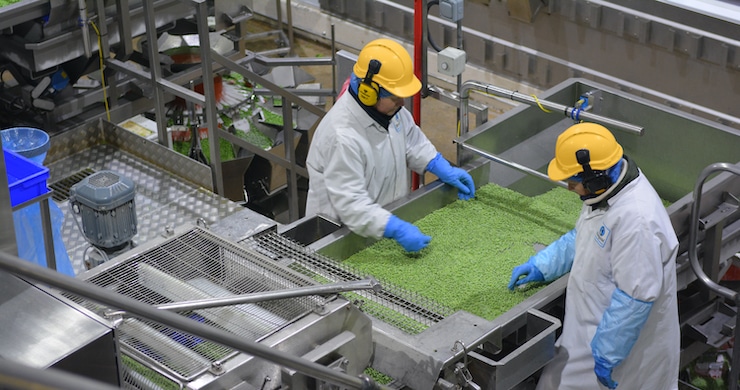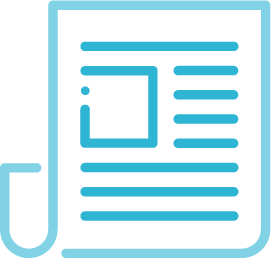Posted by Zosi Team

SQF Edition 9 is finally here! As facilities begin to implement the new code into their food manufacturing facility, it’s important to view this set of standards as an opportunity for continuous improvement.
To begin your SQF System change management processes, consult this blog for an overview of the changes you’ll encounter within the new code.
Structural Changes to the SQF Code
The SQFI implemented two types of changes in Edition 9, structural and technical. Structural changes to the code include the introduction of distinct industry codes for sectors that previously lumped into the food manufacturing code. This includes new stand-alone codes include Animal Feed, Aquaculture, Dietary Supplements, Livestock, and Pet Food.
In addition, there is a reduction in the number of code elements. This does not mean there is less content within Edition 9. Instead, existing content has been streamlined to promote efficiency, organization, and accessibility. Streamlined technical elements in the SQF Edition 9 code include site location and operations, food safety culture, chemical storage, personal hygiene, specifications, and training.
Audit Scoring
Audit scoring has changed from a 10-point to 5-point deduction for major non-conformances. The intent behind this change stems from the belief that auditors were reluctant to cite systemic issues as a Major non-conformance during inspections due to the deduction of such a large amount of points.
Unannounced Audits
Unannounced audits are now standard for all GFSI systems and must occur one in every three years. This is a slight change to SQF sites previously operating unannounced audits once every three certification audits.
Changes to Audit Protocol
SQF Edition 9 removes the requirement for stage one desk audits during initial certification. Under previous editions, facilities had to conduct a separate desk audit and facility audit for initial certification. The new code combines these elements.
Remote Audits
Partially remote audits are now permissible as part of GFSI. Edition 9 discusses these remote activities at length covers information communication technology allowances, like zoom and drones. SQF Policy currently requires at least one full day on site for plant inspection activities.
Food Safety Culture
Food safety culture has been added to Management Review and Responsibility sections. While the concept of food safety culture was already included in the SQF Code, the new addition sets specific requirements for Food Safety Culture by specifically discussing objectives and performance measures requirements along with requirements for communications and feedback from employees for your food safety culture system.
Conclusion
SQF Edition 9 became effective May 2021, and companies can start implementing requirements now to continually improve their SQF systems. For a more in-depth analysis of the alterations to the code, revisit our SQF Edition 9 Conversion Primer or check out our new SQF Edition 9: Practitioner Training Program.




